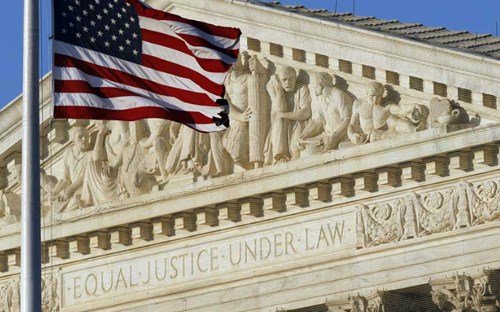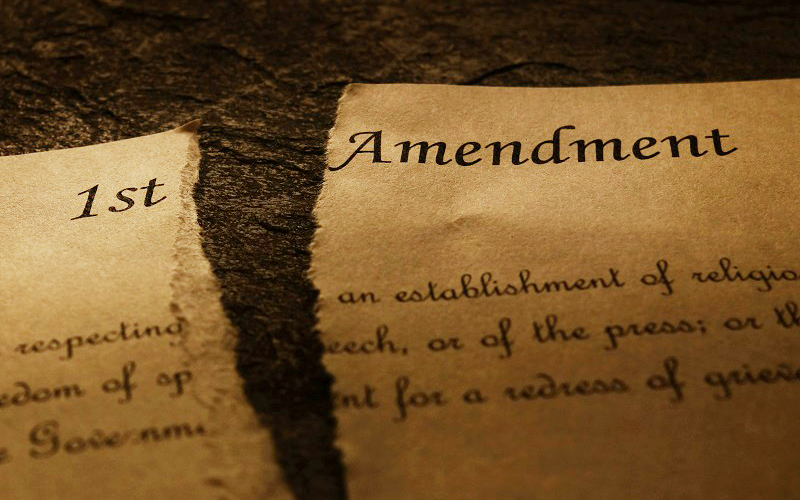Proponents of the law tie the historic Ten Commandments to American history but critics were angered over the religious display and sued this summer to stop the display.
After a hearing was held Oct. 21, U.S. District Judge John W. deGravelles has announced he intends to reach a decision by November 15.
Louisiana’s attorney general, Liz Murrill, is defending the law before the federal judge.

Gene Mills, president of Louisiana Family Forum, tells AFN he believes the lawsuit is in doubt. That is because, he says, it was brought to court on the basis of what the Ten Commandments poster will look like on a classroom wall.
“It's premature,” he argues. “You can't argue a case about the merits of a poster that does not exist.”
So the current issue brought before the federal judge is not based on the merit of the case, Mills says, but a lawsuit that Attorney General Murrill calls a “premature” lawsuit to fight the new law.
The state law requires a classroom poster, or a similar framed document, that is at least 11 inches by 14 inches in diameter with the Ten Commandment printed in a “large, easily readable font.” The poster will also include a context statement, according to an Associated Press story.
'It is American history'
Even though some historians argue the Founding Fathers did not base our nation on the Mosaic law, Moses is recognized eight times in historic artwork at the U.S. Supreme Court building. A sculpture of Moses sits atop the east portion of the building, where he is holding two tablets representing the Ten Commandments.
 Among the writings of the Founding Fathers, Israel's escape from Egypt was compared to the colonies escaping Great Britain and King George. John Adams mentioned that parallel in a letter to his wife, and Benjamin Franklin and Thomas Jefferson discussed Moses when designing the new nation's seal.
Among the writings of the Founding Fathers, Israel's escape from Egypt was compared to the colonies escaping Great Britain and King George. John Adams mentioned that parallel in a letter to his wife, and Benjamin Franklin and Thomas Jefferson discussed Moses when designing the new nation's seal.
In his famous "Common Sense" pamphlet, Thomas Paine also likened freedom from Great Britain to the Hebrews, who had unwisely chosen to be ruled by a king like the "heathen" nations, he wrote.
“We have history and western civilization on our side,” Mills says of the Ten Commandments. “Its historicity, and its secular context, is something that cannot be escaped from. It is American history, and it's authentic American history."







